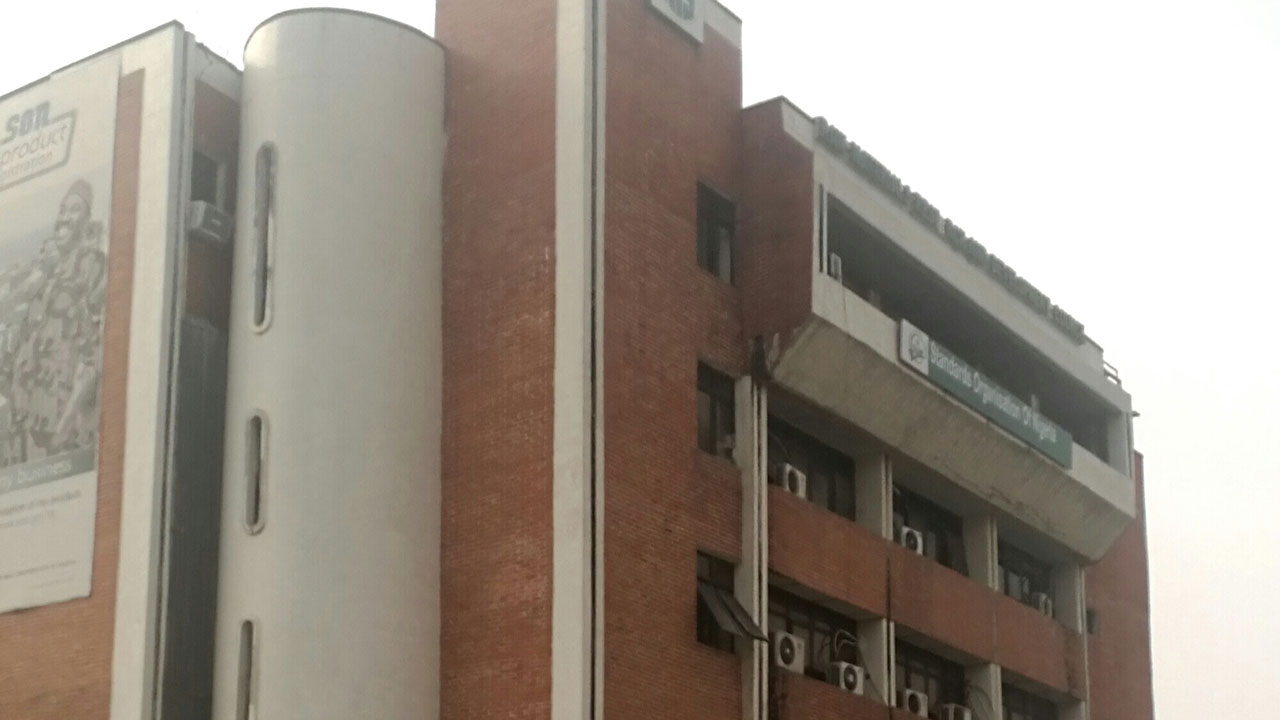
Contract signing mostly stalled last month as housing shortages across the country continued to hamper home sales, the National Association of REALTORS® reported Thursday. The West was the only major region of the U.S. to see an uptick in pending July home sales.
Overall, NAR’s Pending Home Sales Index—a forward-looking indicator based on contract signings—dropped 0.8 percent to a reading of 109.1 in July. The index is now 1.3 percent lower than a year ago. It has fallen on an annual basis in three of the past four months.
Regional Outlook
Here’s a closer look at readings from NAR’s Pending Home Sales Index across the country:
- Northeast: Pending home sales dropped 0.3 percent to an index reading of 97.7 in July. Pending home sales are still 2.4 percent above a year ago.
- Midwest: Pending home sales fell 0.7 percent to 103.3 in July, and are now 2.8 percent lower than July 2016.
- South: Pending home sales declined 1.7 percent to an index reading of 123.1 in July and are now 0.2 percent below last July.
- West: Pending home sales increased 0.6 percent in July to an index reading of 102.3, but sales are still 4 percent below a year ago.
Source: National Association of REALTORS®
“With the exception of a minimal gain in the West, pending sales were weaker in most areas in July as house hunters saw limited options for sale and highly competitive market conditions,” says Lawrence Yun, NAR’s chief economist. “The housing market remains stuck in a holding pattern with little signs of breaking through. The pace of new listings is not catching up with what’s being sold at an astonishingly fast pace.”
In the past five years, the national median sales price has increased 38 percent. Hourly earnings, on the other hand, have increased by less than a third of that (12 percent), Yun notes. Affordability is becoming a growing problem in many markets, as more consumers are being priced out of housing, Yun says.
Nevertheless, buyer traffic continues to be higher than a year ago, Yun notes. The typical listing has gone under contract within a month since April, and inventory at the end of July was 9 percent lower than last July.
“The reality, therefore, is that sales in the coming months will not break out unless supply miraculously improves,” Yun says. “This seems unlikely given the inadequate pace of housing starts in recent months and the lack of interest from real estate investors looking to sell.”
Yun is projecting that existing-home sales will close out 2017 at about 5.52 million, a 1.3 percent increase from 2016’s 5.45 million. He predicts that the median existing-home price will increase by about 5 percent.
Source: National Association of REALTORS®




